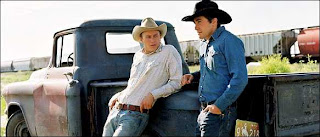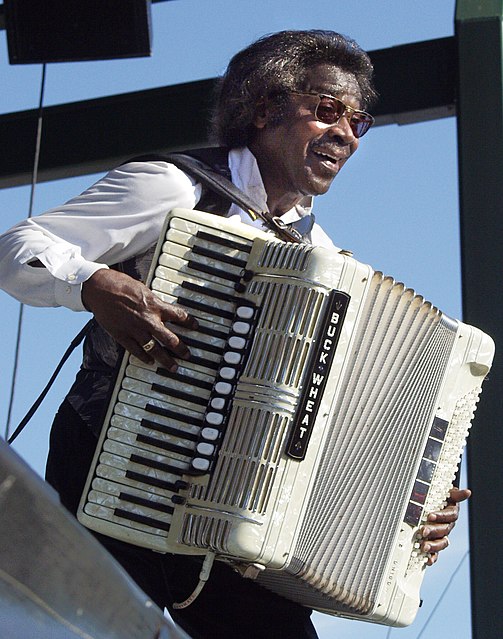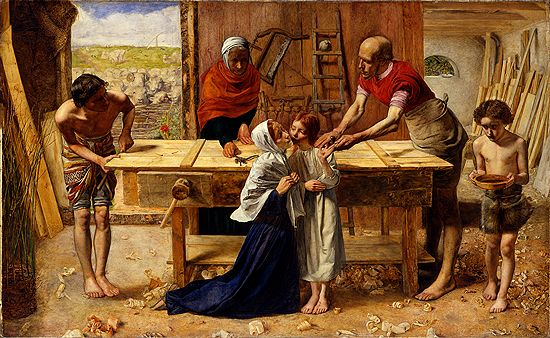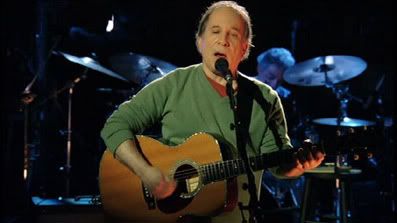I figured it would be fitting to end our contest week with a theme that would help us transition back from the countrified edge of folk. Thus: folk singers covering cowboy songs. Enjoy!

Continuing our discussion from earlier this week: back when the world was acoustic, a guitar and a voice could travel a long way, from back porch to prairie campfire, and be different only by context, and the tone it lends. Since then, of course, our sense of genre has been radically transformed and fully, irreversably exploded into chaos. But once upon a time, folk and country and back porch blues weren't so different, after all.
The irony, then: while modern country music claims the concept of cowboy, today, reducing old cowboy standards back to their essentials is considered folk, where it would have once been just plain song. Crossover songs like these are like a return to the roots of the branching tree that is american music, back when the world seemed all wide open spaces and endless horizon; singing them is like longing for a time when we were a nation of strong, silent types.
Today, then, some cowboy songs in the key of folk: a few true traditionals about the range and the prairie, and a song or two which merely references the once-familiar image. A few are technically country music, but their countrified folk interpetations are old and familiar enough to transcend genre. Most aren't really about cowboys. They're about the idea of cowboys, one of our last remaining clear-cut cultural metaphors.
- Bill Staines, Home on the Range (trad.)
- Maria Muldaur, Prairie Lullaby (orig. Billy Hill)
- Riders in the Sky, Take Me Back to My Boots and Saddle (orig. Gene Autry)
- Riders in the Sky, You've Got A Friend in Me (orig. Randy Newman)
- Ry Cooder, Billy The Kid (trad.)
- Lucy Kaplansky, Cowboy Singer (orig. Dave Carter)
- Kelly Willis, Don't Come The Cowboy With Me, Sonny Jim (orig. Kirsty MacColl)
- Suzanne Vega/Bill Frisell/Wayne Horvitz/Syd Straw, Medley Two: Stay Awake/Little Wooden Head/Blue Shadows On The Trail (orig. Disney)
A pair of quiet western songs from old-timey folk and gospel collection American Lullaby, effectively interpreted by two northeasterners: true New England backcountry folksman Bill Staines and ex-Greenwich Village folk staple Maria Muldaur.
Cowboy and western band Riders in the Sky have appeared at the Grand Ole Opry over 700 times. They also do a great cover of You've Got A Friend in Me, from Toy Story. Hey, Woody is a cowboy, too.
Billy was technically an outlaw, not a cowboy. But the setting matches, and Ry Cooder gives this traditional song such a wonderfully sparse, jangly, bluesy feel with nothing but mandolin and electrified slide, I couldn't hold back.
I requested this song at a recent Lucy Kaplansky show; Lucy seemed pleased. It came off dark and thoughtful and sweet all at once, as always. From her penultimate release The Red Thread.
One last mellow country song before I go: Kelly Willis does a great version of this old Kirsty MacColl waltz on Easy, all sweet voice and transcendent harmony. You'd never know it was country if you couldn't hear the woodblock downbeat.
The annoying thing about 80s-era Disney cover album Stay Awake is the way the songs are impossible to separate from each other. The lovely thing about this medley is that all the pieces work. I posted it for Syd Straw's cowboy song; we'll consider the Suzanne Vega and Bill Frisell Disney covers a bonus.
As always, artist and album links above lead to artists' preferred source for purchase wherever possible. Buy what you like; like yourself better for buying local and direct.



















